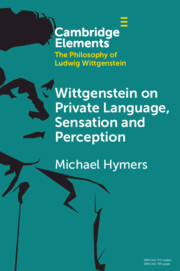Since Russell and Moore forsook idealism, it has often been assumed that only analytic truths can express internal relations — relations which, in Russell's words, are ‘grounded in the natures of the related terms.’ An object, a, is internally related to another object, b, if and only if a is related to b in virtue of a's possessing some property, P. So if a has the property of being a branch, then it is internally related to some tree, b, as part to whole. In turn, ‘A branch is a part of some tree’ is (at least a plausible candidate for) an analytic truth. It is true in virtue of the meanings of its terms, or because the concept of the predicate contains the concept of the subject.
Quine's critique of analyticity has thus made the pragmatically minded wary of talk of internal relations.
